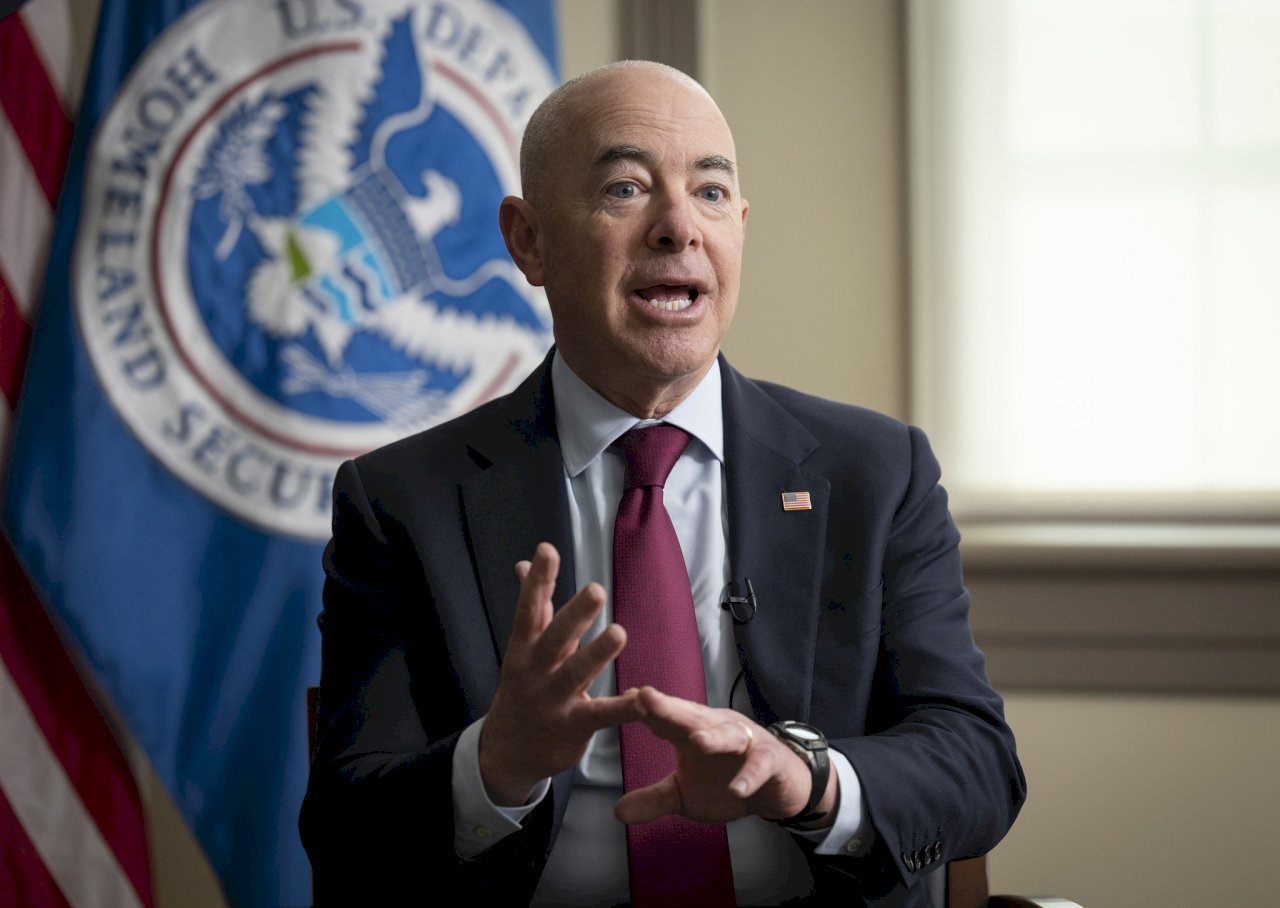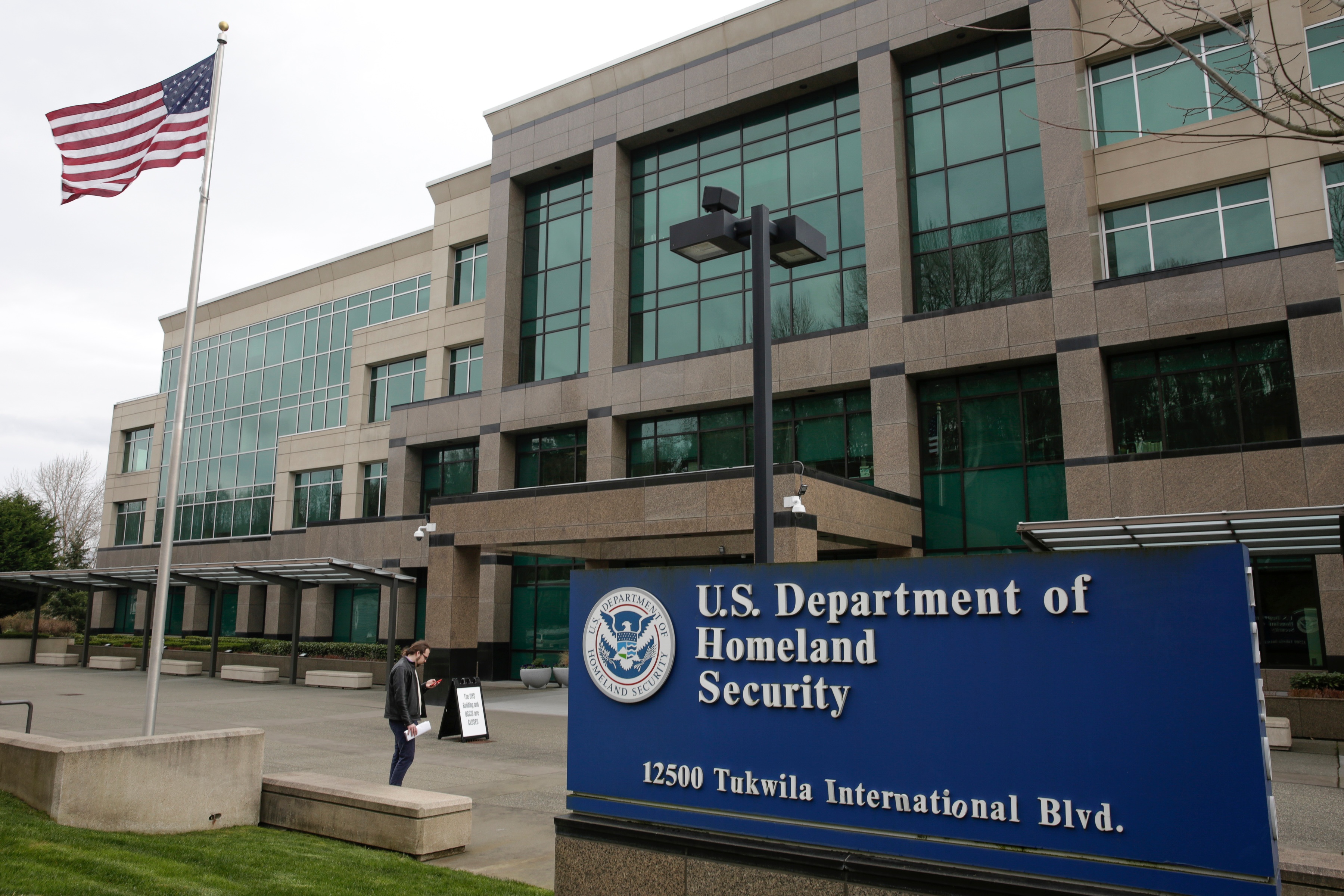US AI Security Committee Founded, Leading Tech Executives Show Up
The U.S. Department of Homeland Security has announced the official launch of the Artificial Intelligence Security Council to address the safety and security of growing AI, with a host of executives from tech giants at the top of the list.
On April 26, the U.S. Department of Homeland Security announced the establishment of an Artificial Intelligence (AI) Security Committee to address the growing security concerns surrounding artificial intelligence. Executives from tech giants such as OpenAI, NVIDIA, Microsoft, and Amazon have been invited to serve as members.
It is reported that the committee is expected to provide recommendations for transportation departments, pipeline and grid operators, internet service providers, and others to prevent disruptions to critical sectors and safeguard national economy and public safety as AI continues to advance.
U.S. national security officials have long expressed concerns about the vulnerability of the country's critical infrastructure to potential physical attacks, cyber intrusions, and other failures. Alejandro Mayorkas, the Secretary of Homeland Security, stated that while AI technology presents "tremendous opportunities" for improving infrastructure services and benefiting everyday lives, it also brings significant risks. While AI enhances the efficiency and security of fuel pipelines, communication networks, aviation, and healthcare, it also poses unforeseen challenges.
He also warned that deploying AI in critical infrastructure without ensuring its security, reliability, and responsibility could lead to devastating consequences.

For a long time, the US government has largely relaxed its regulation of the technology industry. However, in recent years, concerns about consumer data privacy, anti-monopoly issues, and misinformation have led to a shift in both parties' views on Silicon Valley.
Last April, the Department of Homeland Security announced the formation of a special AI task force to study how AI can be used to handle tasks such as protecting critical infrastructure and inspecting goods, while also investigating the threats this technology may pose.
In October 2023, President Biden issued an executive order establishing the AI Security Council, which foreign media outlets dubbed as the first significant binding action by the Biden administration on AI technology.
The executive order mandates that developers of AI systems in the US must share their security testing results and other key information with the government; improve relevant standards and testing tools to ensure the security and reliability of systems; establish rigorous standards for synthetic biology checks to guard against AI designs that endanger biological materials; establish validation standards for detecting AI-generated content; and develop and implement a "national security memorandum" to guide further action in the industry.
Furthermore, AI companies are ordered to declare to the government in advance when developing any system that poses a "serious risk to national security, national economic security, or public health and safety."
It is understood that the composition of the committee's 22 members is highly diverse. In addition to leaders in the AI industry such as Sam Altman of OpenAI, Lisa Su of AMD, Jensen Huang of NVIDIA, Sundar Pichai of Alphabet, and other leaders in the AI industry, there are also scholars and civil rights leaders from various fields, such as Arati Prabhakar, Director of the White House Office of Science and Technology Policy, and Bruce Harrell, Mayor of Seattle.
This diverse membership structure will ensure that the committee can fully consider the interests and needs of all parties when making decisions, thus formulating a more comprehensive and scientific strategy for the safe use of AI.
Officials indicate that the committee is expected to hold its inaugural meeting in May of this year and plans to convene quarterly meetings in the future.

·Original
Disclaimer: The views in this article are from the original Creator and do not represent the views or position of Hawk Insight. The content of the article is for reference, communication and learning only, and does not constitute investment advice. If it involves copyright issues, please contact us for deletion.